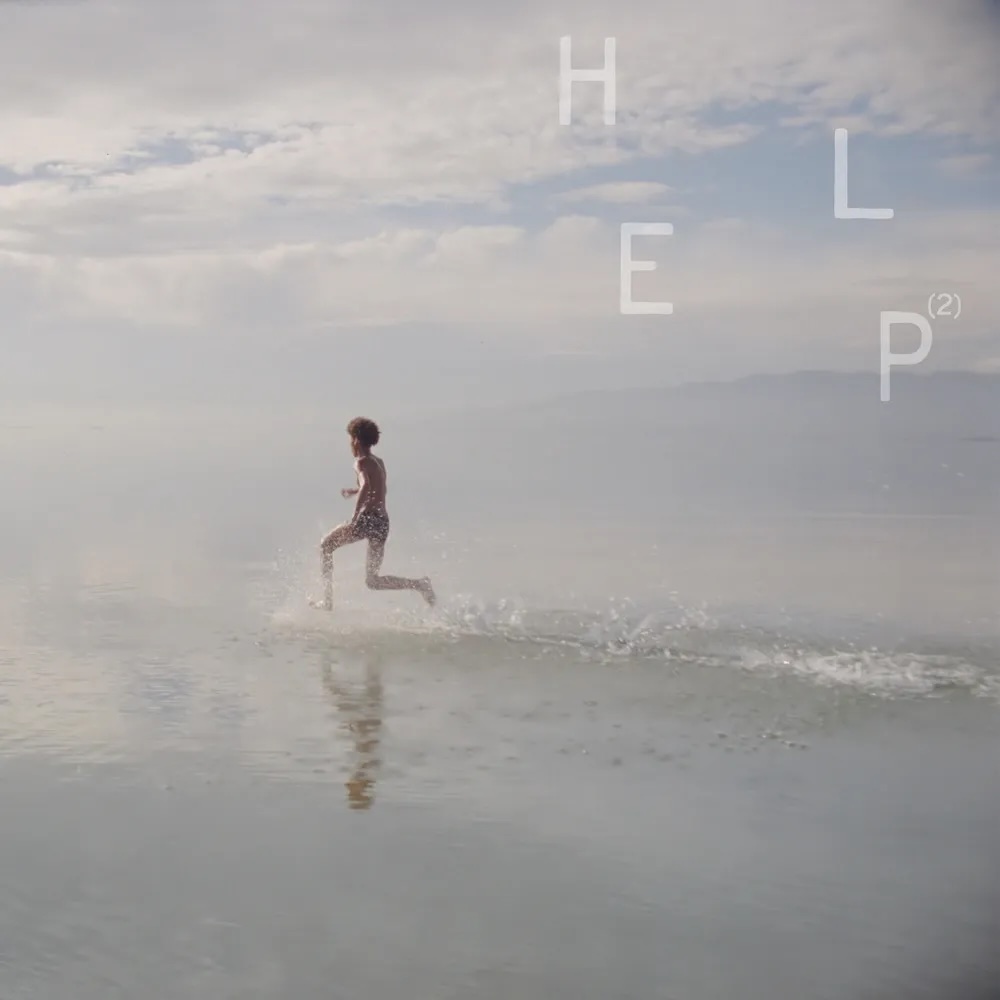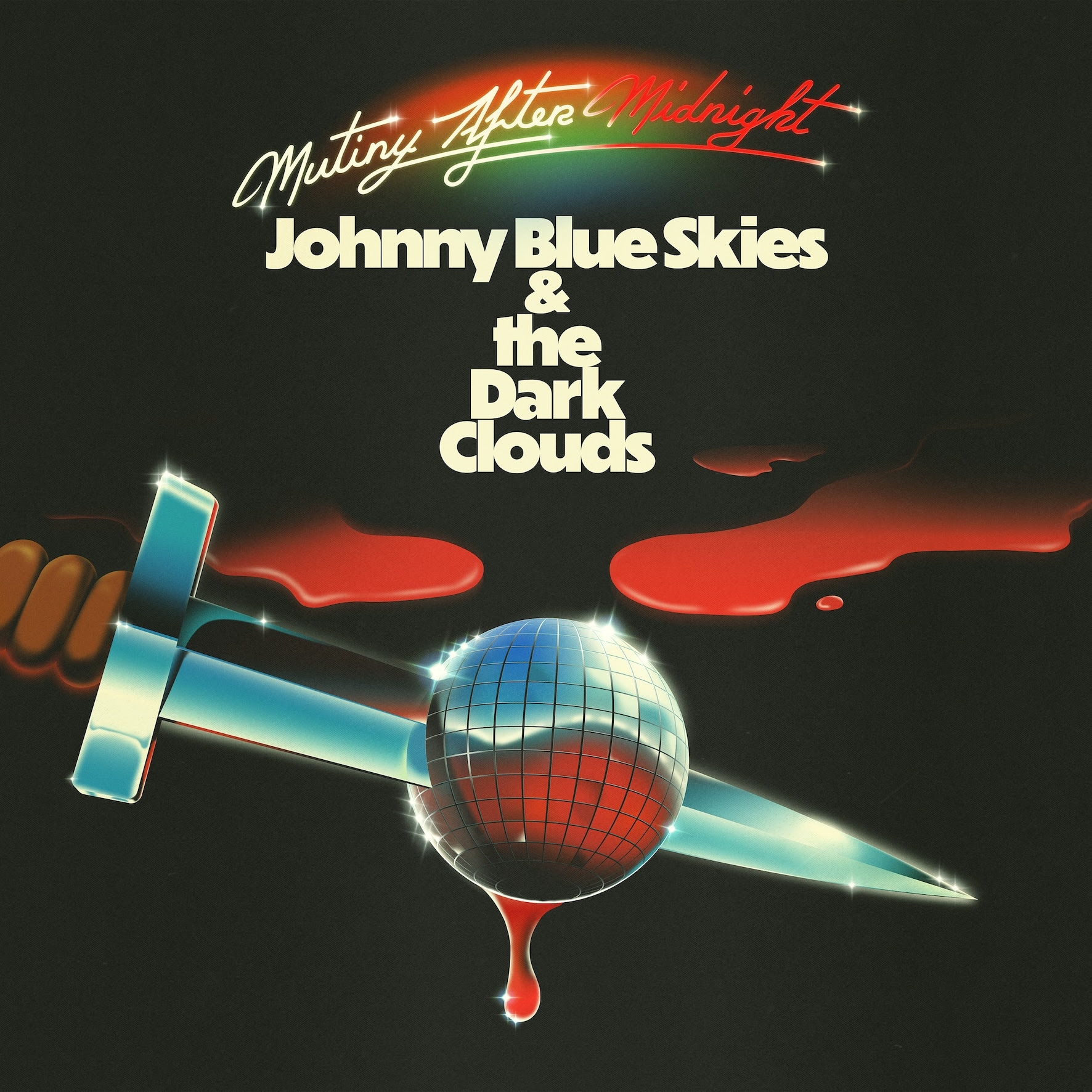Bethany Cosentino knew what was up. On "Everything Has Changed," a song from Best Coast's latest album Always Tomorrow, she looks back on her early career with a (literally) sobering eye. "I used to cry myself to sleep/ Reading all the names they called me," she sings. "Used to say that I was crazy/ A lazy, crazy baby." "Did they think that maybe I was in on it?" she asks herself. "Did they think? No, of course they didn't."
Who would have thought that a band making summer bummer pop songs could be such a lightning rod for controversy? Cosentino's songs were deceptively simple, and by some they were perceived as too simple -- the lazy/crazy/baby rhyme schemes were indeed prevalent, but so were indelible hooks and melodies that still sound timeless. The reasons why Best Coast's music was championed by the press -- the simplicity, the accessibility, the knowing wink to its influences -- were the same reasons that attracted vitriol in the comment sections of websites and on social media.
Crazy For You stands up as a crazy good pop album and the perfect summer soundtrack. Best Coast's debut album came in the middle of the summer of summer, a time when music trends were dominated by beach aesthetics and waterlogged sounds. But while Crazy For You languishes in a depressive haze, it manages to sound like unfiltered sunshine. The songwriting is sharp and honest and a little bitter, probably a reflex to what the band had to endure in the run-up to the album's release 10 years ago today.
"I was so good at acting like I don’t care what you think of me, but deep down, I read every review, I read every comment, I cared so much,” Cosentino said in a recent New York Times profile. "And I believed those things. Like if somebody said, 'This girl’s music is mediocre,' I was like, oh, I’m a mediocre human. I should lock myself in my room for five days."
Best Coast were subjected to a lot of scrutiny online. And though the band is a collaborative project between Cosentino and Bobb Bruno, Cosentino took the brunt of it: misogyny and sexism and attacks on her credibility as an artist, all as a result of the internet. But the internet is also inextricable from Best Coast’s rise. It was still the early days of social media, when musicians were just beginning to be forced to have an online brand. Cosentino was navigating the world of being an underground artist turned viral celebrity before there was a road map. And she was good at having a brand: she was funny and approachable and a little flippant. She sang and tweeted about weed, sun, cats, California, and summer. A little reductive, but it worked.
There’s no understating just how big Best Coast felt in the months leading up to Crazy For You, at least in the indie rock echo chamber. The breadcrumb trail of shit-fi demos and low-key pop gems that Best Coast put out for over a year before their debut album all felt like hidden treasures. Most of them only live on as illicit YouTubes and mp3s -- the Make You Mine EP, the Where The Boys Are EP, a three-track collection labeled California Girls EP that's on my hard drive but that I can somehow find no other trace of online.
They’re all smeary, echoey, brilliant slices of songs that sounded both like nothing else and everything else at the same time. In the moment, it felt a little like crate-digging that was facilitated by blogs. Cosentino’s originals mingled with covers of songs that inspired her — atmospheric and syrupy takes on the Beach Boys' "In My Room," Lesley Gore's "That's The Way Boys Are." "Sun Was High (And So Was I)" was one of her most popular early songs, a gauzy shimmer that sounded like you were being swallowed up by the Los Angeles freeway. There was something about these songs that stuck with you -- they felt private, intimate, and all your own.
There’s also no understating how big Best Coast felt after Crazy For You was released. This was still a time when money was flowing into indie rock, from Converse and Urban Outfitters and dozens of brands that wanted to attach themselves to cool bands. It was a brief time when rock was once again flirting and being conflated with actual celebrity. Look no further than the "Our Deal" music video/mini-movie, which came out a year after Crazy For You. It was directed by Drew Barrymore and featured a bunch of future stars: Donald Glover (!), Shailene Woodley, Chloë Grace Moretz, Alia Shawkat, Tyler Posey, and Miranda Cosgrove. That sort of thing just doesn’t happen anymore.
But it makes sense that it would happen to Best Coast because Cosentino writes songs that are likable and catchy and goofily sincere. "When I'm With You" -- which came out in the fall of 2009 -- set the blueprint for Crazy For You. A step up in fidelity from the project's earliest songs, it was recorded in an actual studio with producer Lewis Pesacov, and it absolutely goes off. It feints at the start, a slowed-down Cosentino stretching every syllable of the hook out. But it blasts off after that, a perfect three minutes that makes you feel like you and whoever you’re with are the most important people in the world. It ends with Cosentino harmonizing with herself -- "I hate sleeping alone," a swirl of aching want for that special person that also sounds a little desperate, desire and depression mixed up in one gooey package.
That mix of emotions is something that would carry through to Crazy For You. Most of the songs have an ironic twist to them. "Boyfriend," their biggest single and the album's opening track, is astute and perceptive, even as and maybe because its chorus is so damn earnest. "The other girl is not like me/ She’s prettier and skinnier/ She has a college degree/ I dropped out when I was seventeen," Cosentino sings, sizing herself up for competition.
Crazy For You depicts full-tilt devotion that, true to its title, feels a little bit off its rocker. Best Coast songs are almost like caricatures of what it feels like to be hopelessly codependent. "I’m always waiting by the phone/ I can’t wait for you to get home," she sings on its title track. On "The End," she stalks down the block waiting for her beau to come home, sounding like a fatalistic romantic: "You say that we're just friends/ But I want this 'til the end."
But again and again, Cosentino lets herself in on the joke, while also allowing these songs to shine in their adolescent, lovesick haze. She played into the moment's beach-pop fanaticism, made a day in the sun sound like the best thing ever and also sort of like a trap, a distraction from what’s really going on inside. "There's blood on the walls but I’m happy!" she insists on the scrappy "Happy," which ends on a downturned “nooo,” negating everything that came before.
"I wish you would tell me how you really feel/ But you’ll never tell me ‘cus that’s not our deal," she sings on "Our Deal," a song about someone who's not willing to reciprocate all those happy feelings out loud. But Best Coast's whole "deal" was that she sang all of those happy things out loud, as a way to fight against a tendency toward self-hatred and closing yourself off. It's striking how often these songs are explicitly about depression and putting all of your hopes and dreams into one person while knowing full well it's not going to work. "I can't get myself off the couch/ I don't wanna talk to anyone else," she sings on "Goodbye." "Every time you leave this house/ Everything falls apart."
These songs don't sound sad, though -- they sound deliriously giddy. Cosentino's buttery smooth voice is given a candy-coated showcase. The songs barrel forward into each other. There's not a single second on the album wasted, not a moment that's not extremely catchy. Best Coast were influenced by ‘50s girl groups, ‘60s surf-pop, '70s punk. In interviews, Cosentino cited Phil Spector, the Beach Boys, and the Ramones as predecessors to the kind of simple but rewarding music she was making. The production choices were an homage to older recordings -- Best Coast wanted to make it sound old, and by committing so hard, they made it sound fresh. The songs are driving and urgent and impossibly bright; listening feels like staring at the sun for too long.
Though guitar-pop will probably never be at the forefront of popular culture again, Best Coast proved to be oddly prescient in a lot of ways. Criticisms over authenticity are as strong as ever, and Cosentino's struggles in those early days resonates with any artist who has felt the need to reduce their personality to a hashtag in order to capture attention. But Cosentino’s songs were also impeccable, and they've held up. It's clear she knew exactly what she was doing.
A decade on, Crazy For You has receded from all the chatter and become a pleasure to revisit and reminisce about, to sing along to in cars with friends and remember what used to be. Cosentino is still at it, writing world-weary and wise songs and acting as a mentor for other indie rockers going through the wringer of minor fame, and Crazy For You is still special, an artifact from a time when summer felt like it would never end.






